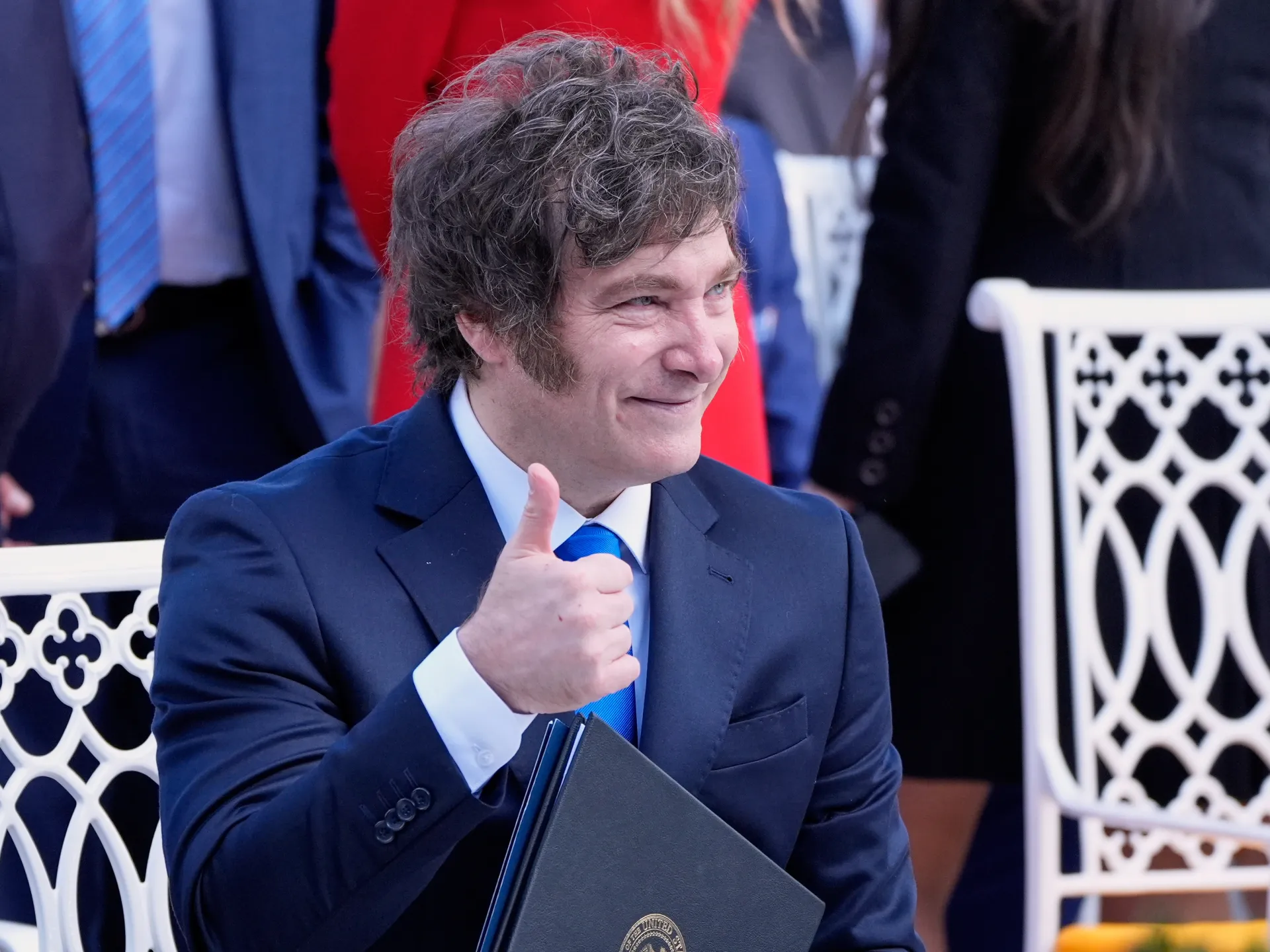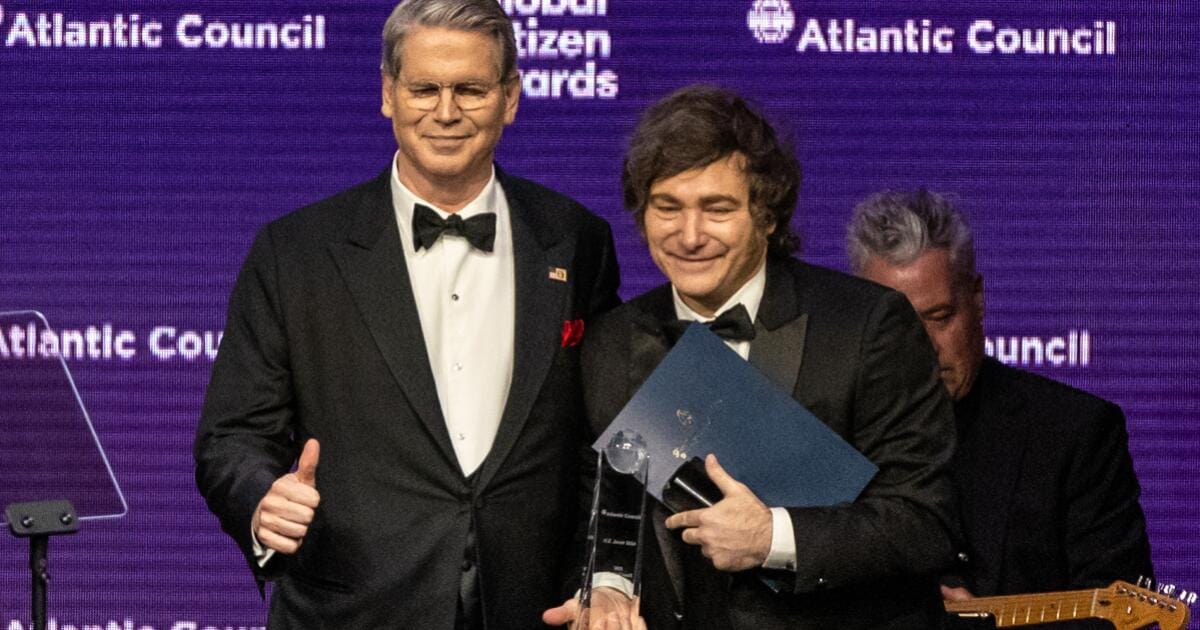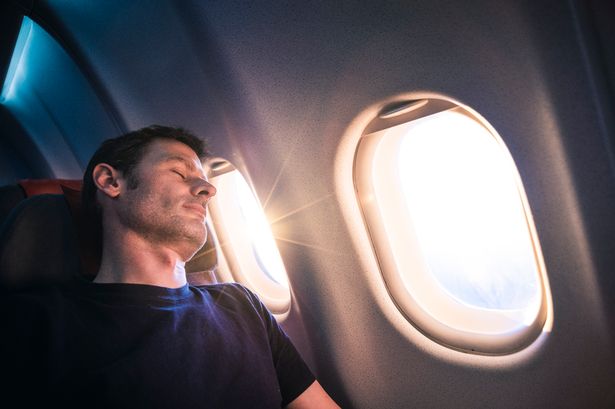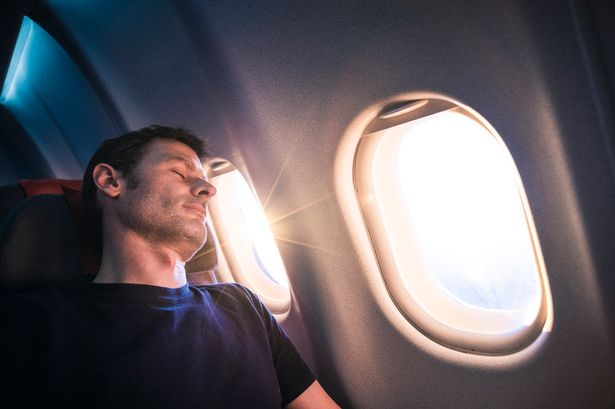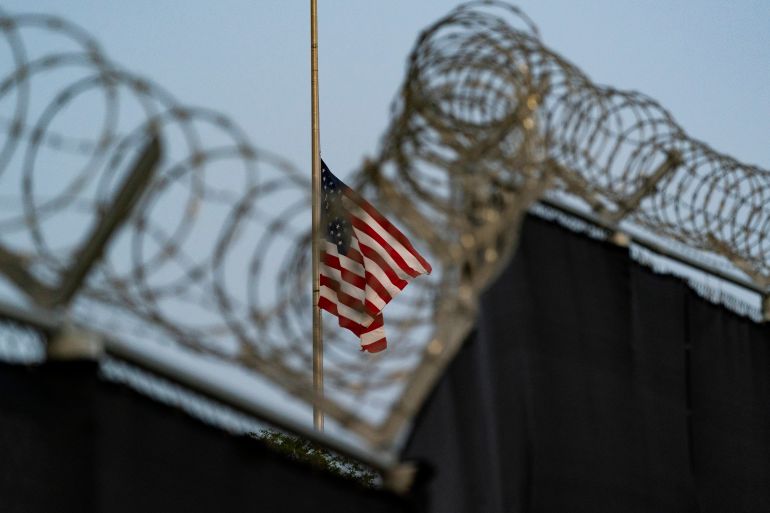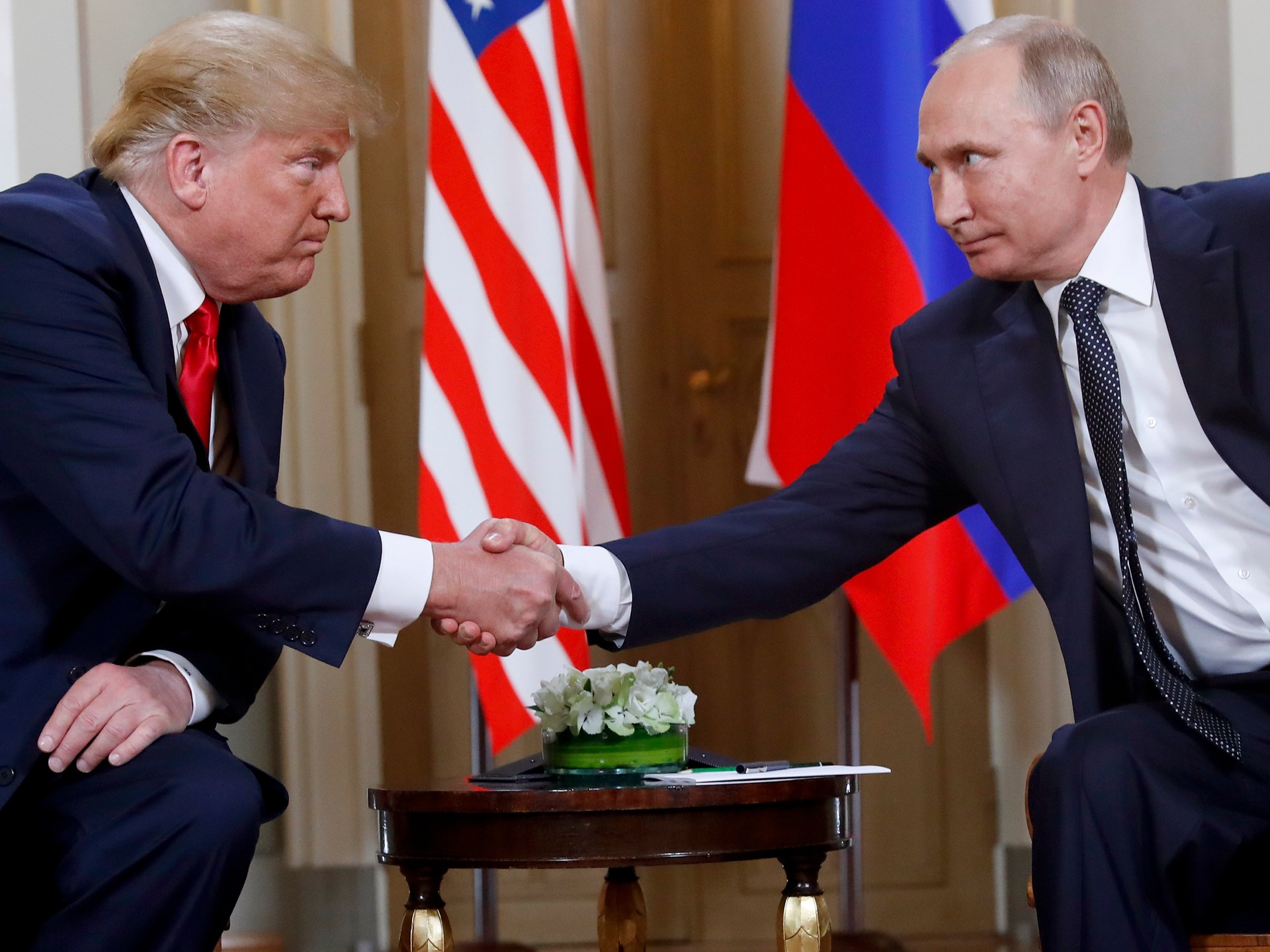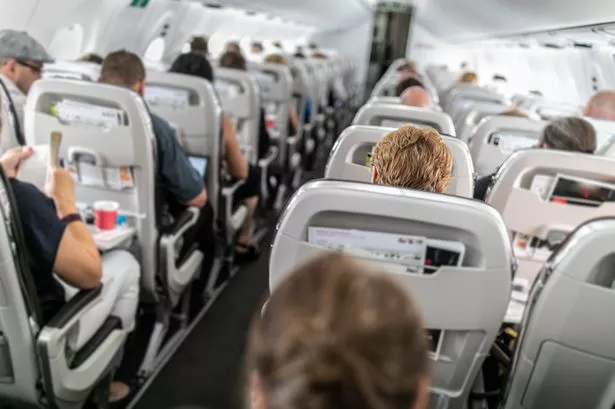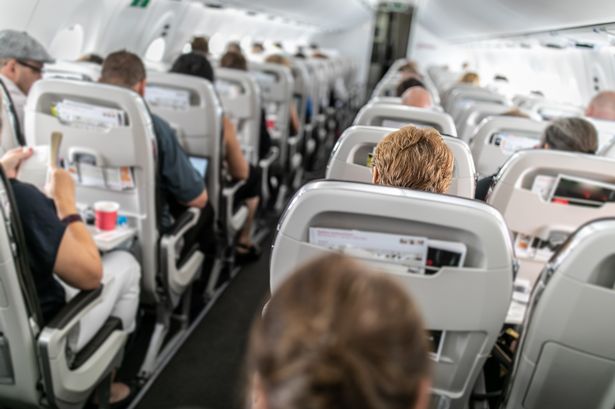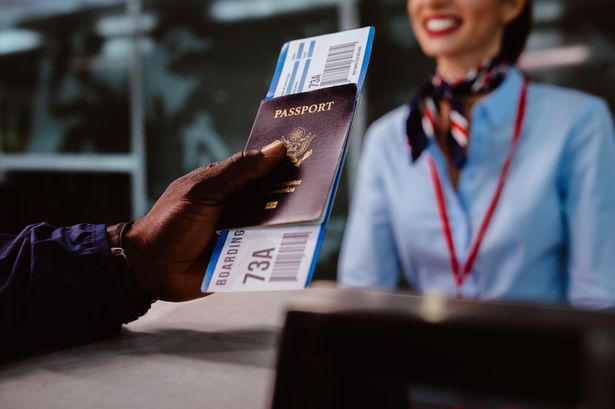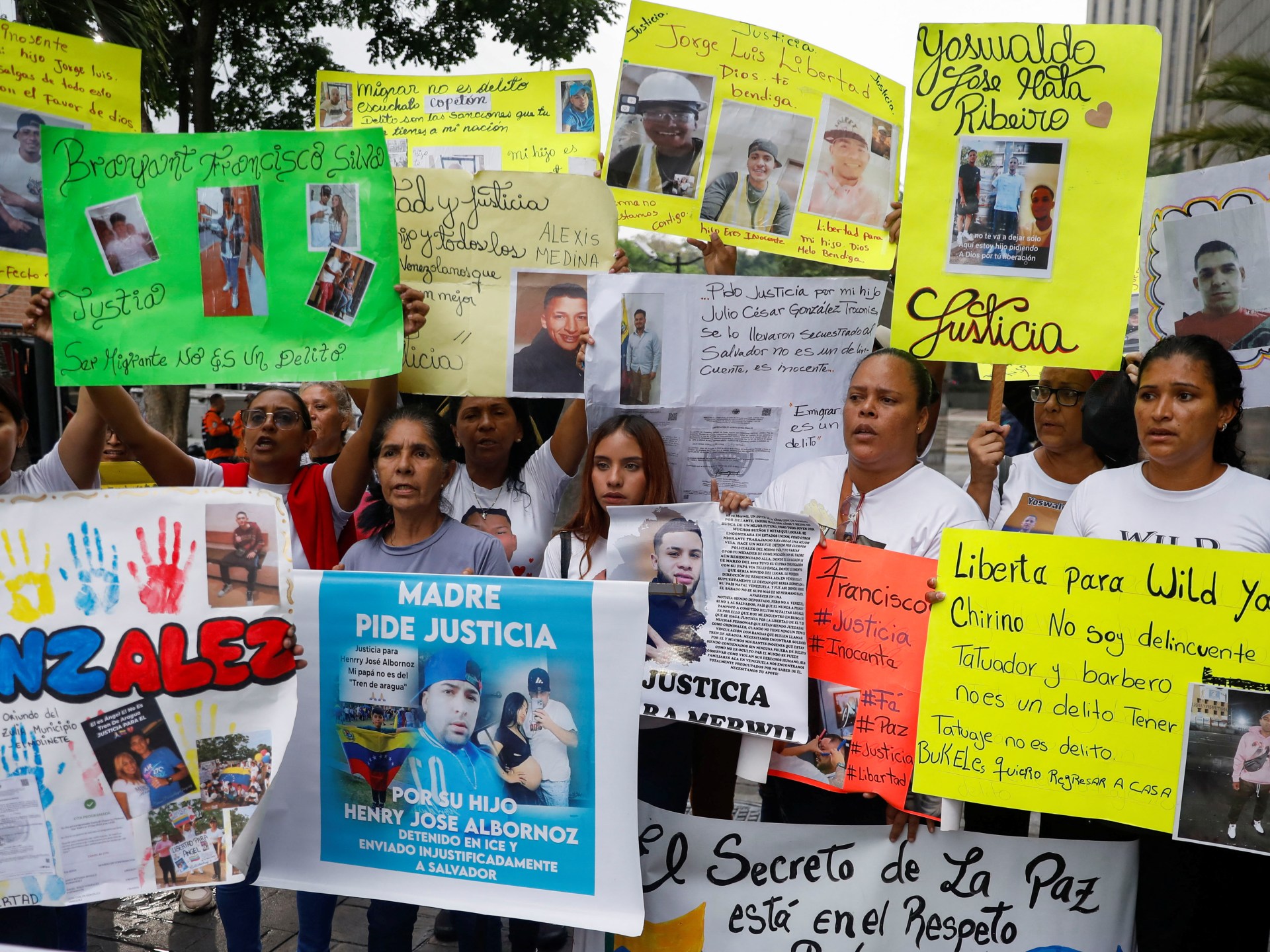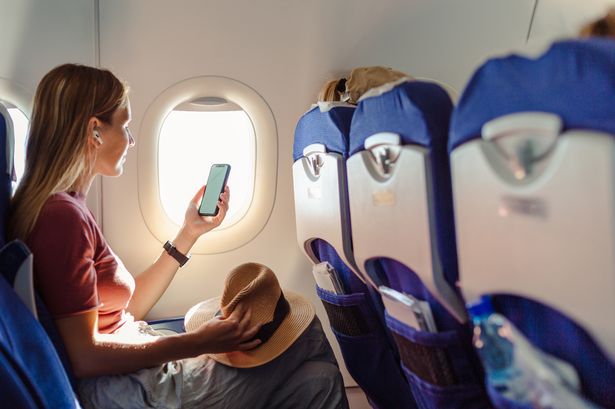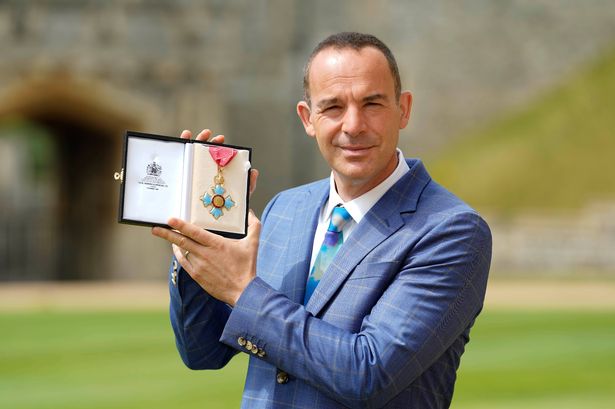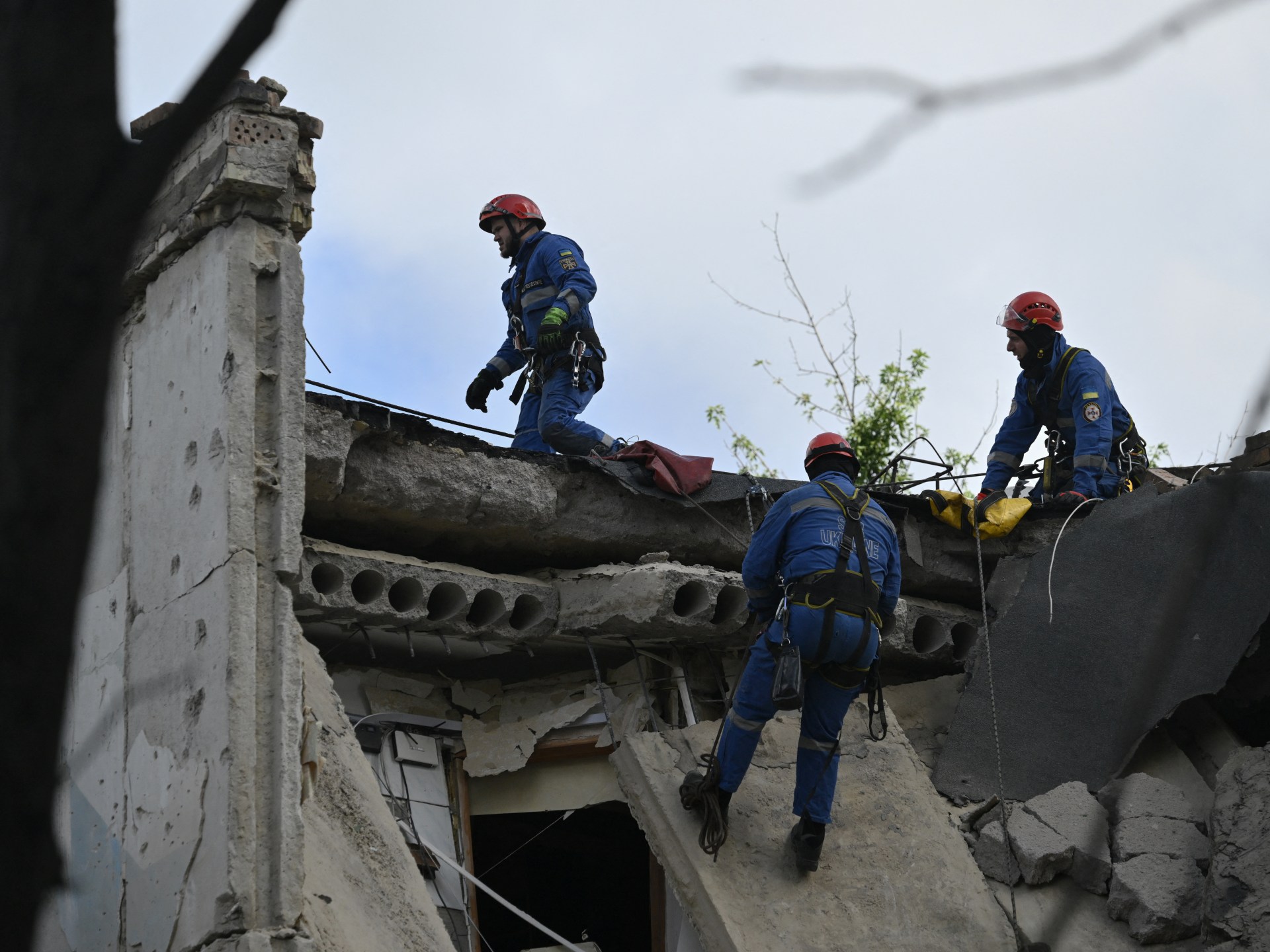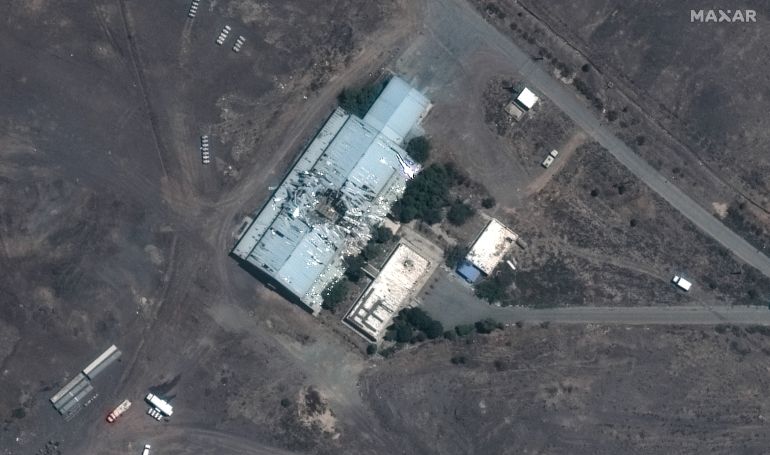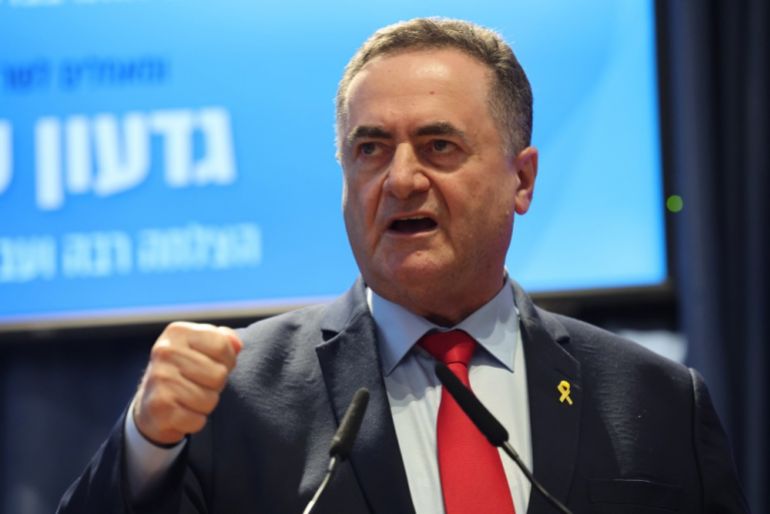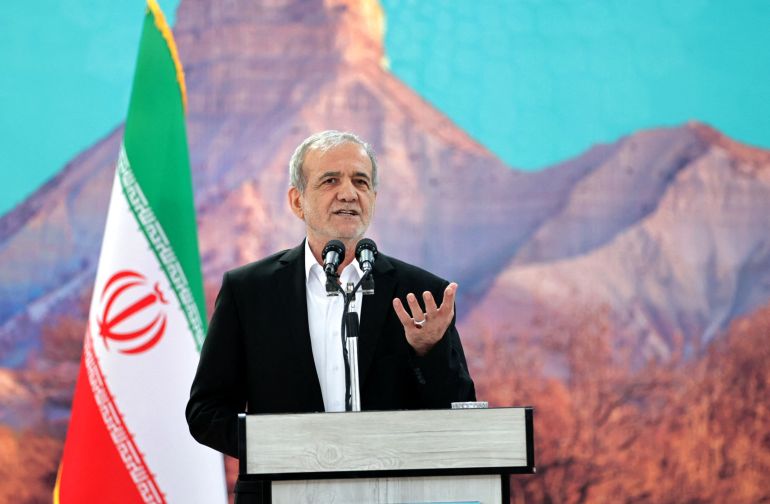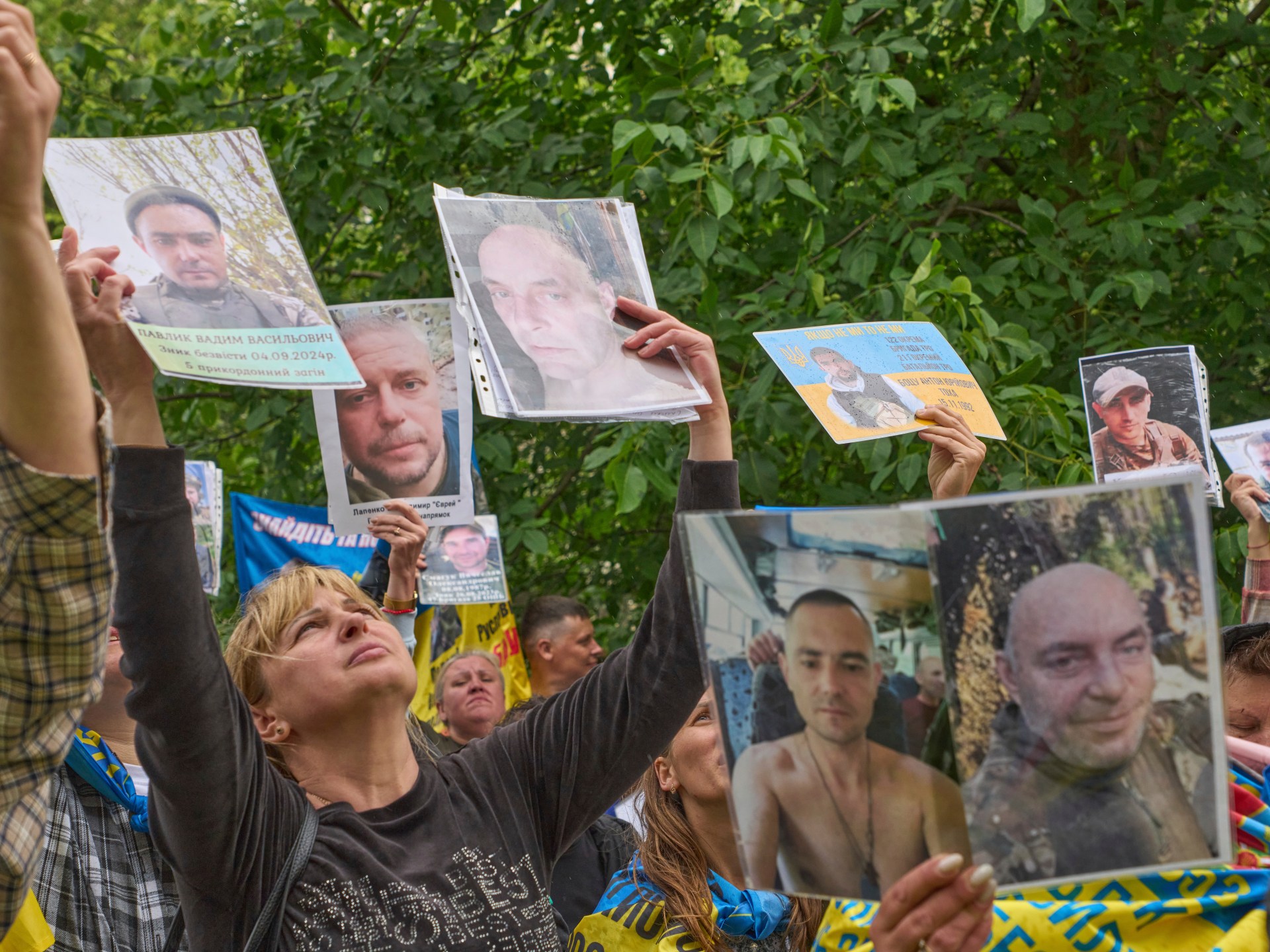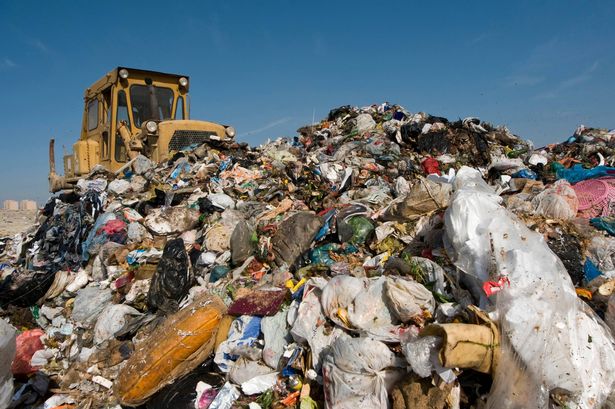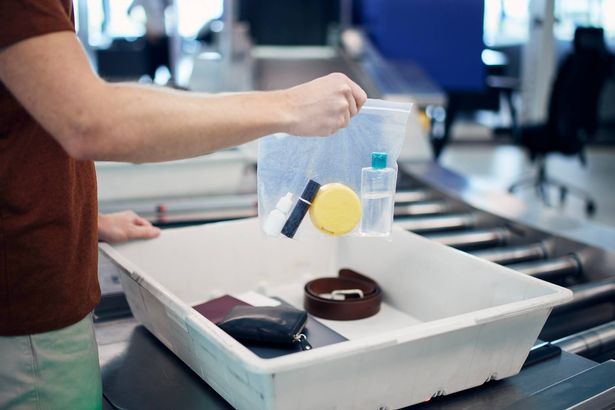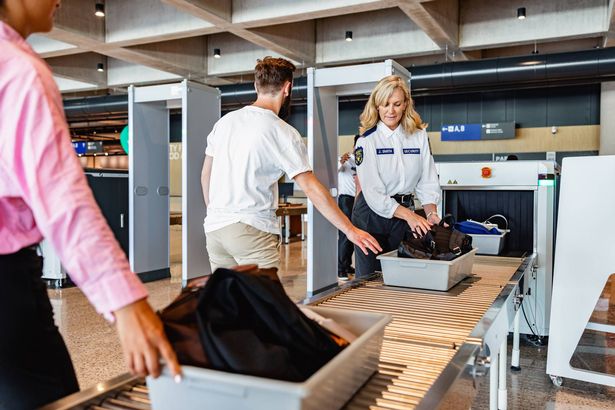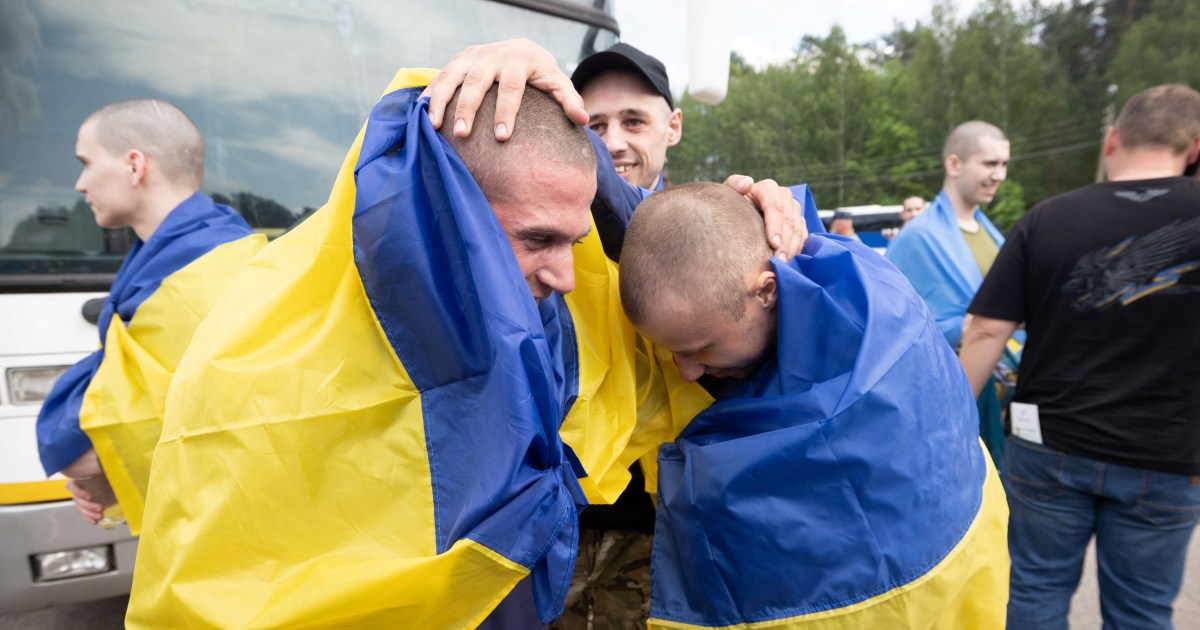It’s a nauseating, mind-boggling condition people literally lose sleep over, but help is at hand from a veteran of the skies who shares his best tips
Post-holiday blues are a nightmare, even more so if you suffer from jetlag after a long trip. Feeling like your body operates on a different time zone once you come back home is disorienting.
But there are ways to beat the nasty phenomenon, according to a travel expert who has seen and done it all. Even more remarkable is that these are simple tweaks that do not cost a thing.
Al Smith is a seasoned pilot, currently working as senior first officer for British Airways. He is no stranger to jetlag, having flown across time zones and seen sunrises from the comfort of his own cockpit.
He follows a strict sleep routine to ensure he is fresh as a daisy whenever he is manning a plane. In a recent edition of British Airways’ High Life magazine, he said: “After years on short haul, I had a rhythm – early starts or late finishes, never both.
“But long haul is a different game. These days, I spend at least one night a week wide awake under the stars – but that doesn’t mean I have to lose a night’s sleep.
“I plan ahead: sleep before departure, nap after landing and squeeze in a siesta when I can. The key?
“Prioritising rest and making time for it, no matter what time zone I’m in.”
Top 10 tips to beat jetlag
- If the hotel curtains don’t close properly, grab a coat hanger with trouser clips and clip the curtains together. It’s a lifesaver for daytime sleeping.
- Limit alcohol.
- Don’t sleep for more than three hours on landing day. If it’s after 3pm, try to stay up and just go to bed early.
- If you’re a tea lover like me and nothing else will do, invest in quality decaf tea. It’s perfect for enjoying at any time of day or night.
- Strategic napping is essential – just don’t do it on a subway in Tokyo.
- Turn your phone to dark mode and switch on ‘Sleep’ or ‘Do Not Disturb’ at bedtimes.
- Don’t go shopping just to kill time on landing day – you will only buy things you don’t need. Early in my career, I woke up to find I’d cleared out the entire miniature toiletries section of Walgreens after landing in Seattle.
- Don’t oversleep while recovering from jet lag – in my experience, it prolongs my adjustment time.
- Get outside and do some light exercise. Sunlight is a natural reset for me and is essential when it comes to acclimatising.
- If you’re trying to stay up, never sit on the bed! Trust me – before you know it, you’ll be on your back and spark out. You’ve been warned!
Among the most important things for people to get right is their sleep hygiene. According to Al, it helps the body adjust to a new time zone easier and more effectively.
He said of his own experience: “Every time we’ve moved house, my first priority has been: ‘How do I make my new bedroom feel like the best hotel room ever?’ I prefer total darkness when I sleep – I highly recommend plantation shutters with a blackout screen.
“Zero light is incredible and allows me to sleep both day and night. Temperature is also vital.
“I think I have a two-degree tolerance before I’m either too hot or too cold. Yes, it’s the UK – but it reached 40°C in the last few years.
“Air-conditioning is the way forward! And quality bedding is another must.”
One of the main symptoms of jetlag is insomnia and it’s something Al also had first-hand experience of. He told the magazine: “There have been occasions where oversleeping on what we call ‘landing day’ – a sacred day that should be free of tasks – has led to bouts of insomnia.
“It’s taken me years of flying to figure out that if I check the clock twice and it’s still within the same hour, it’s time to get up, have a warm drink (obviously not caffeinated) and watch a bit of TV. Otherwise, I spend the entire night tossing and turning.”
